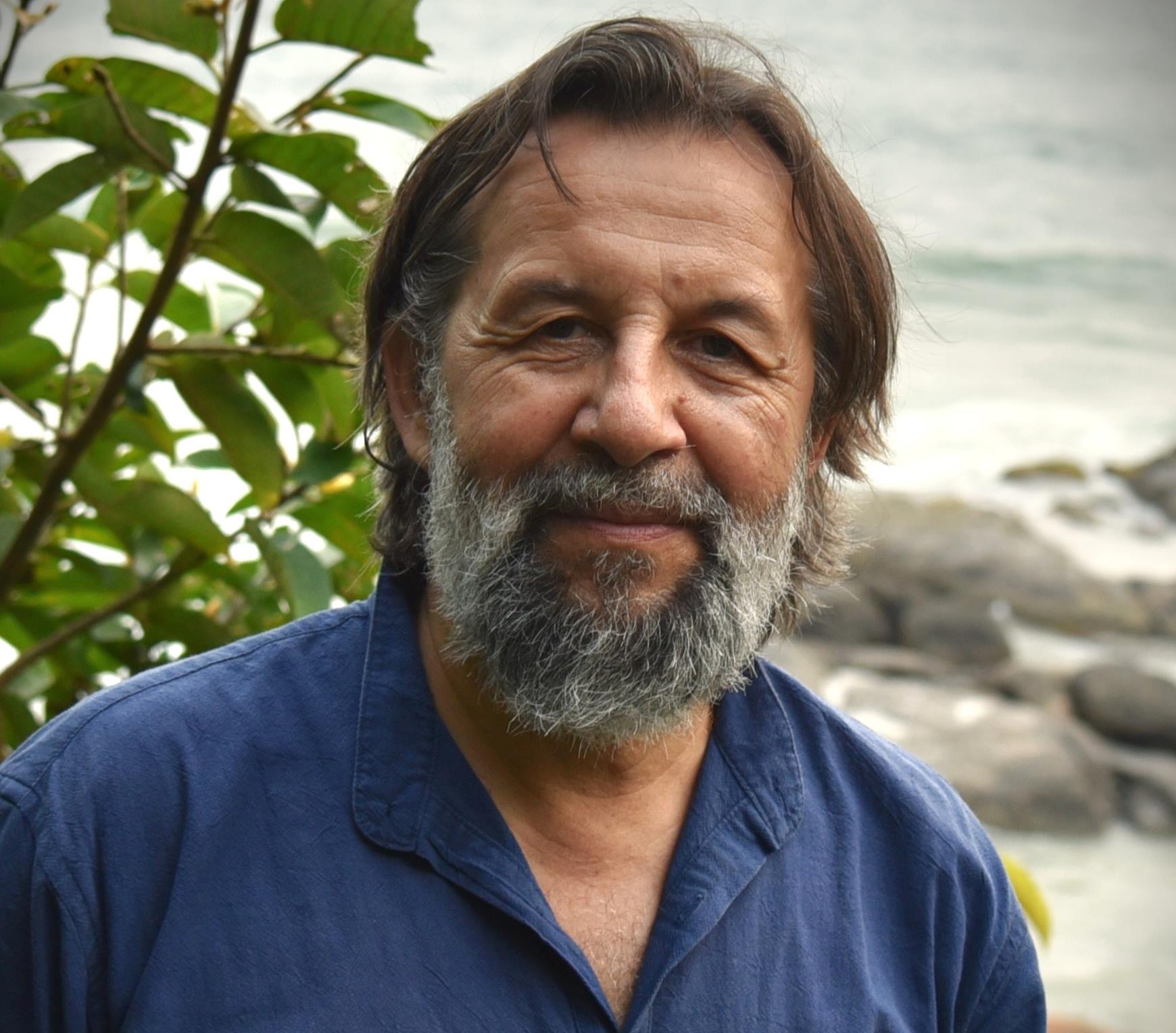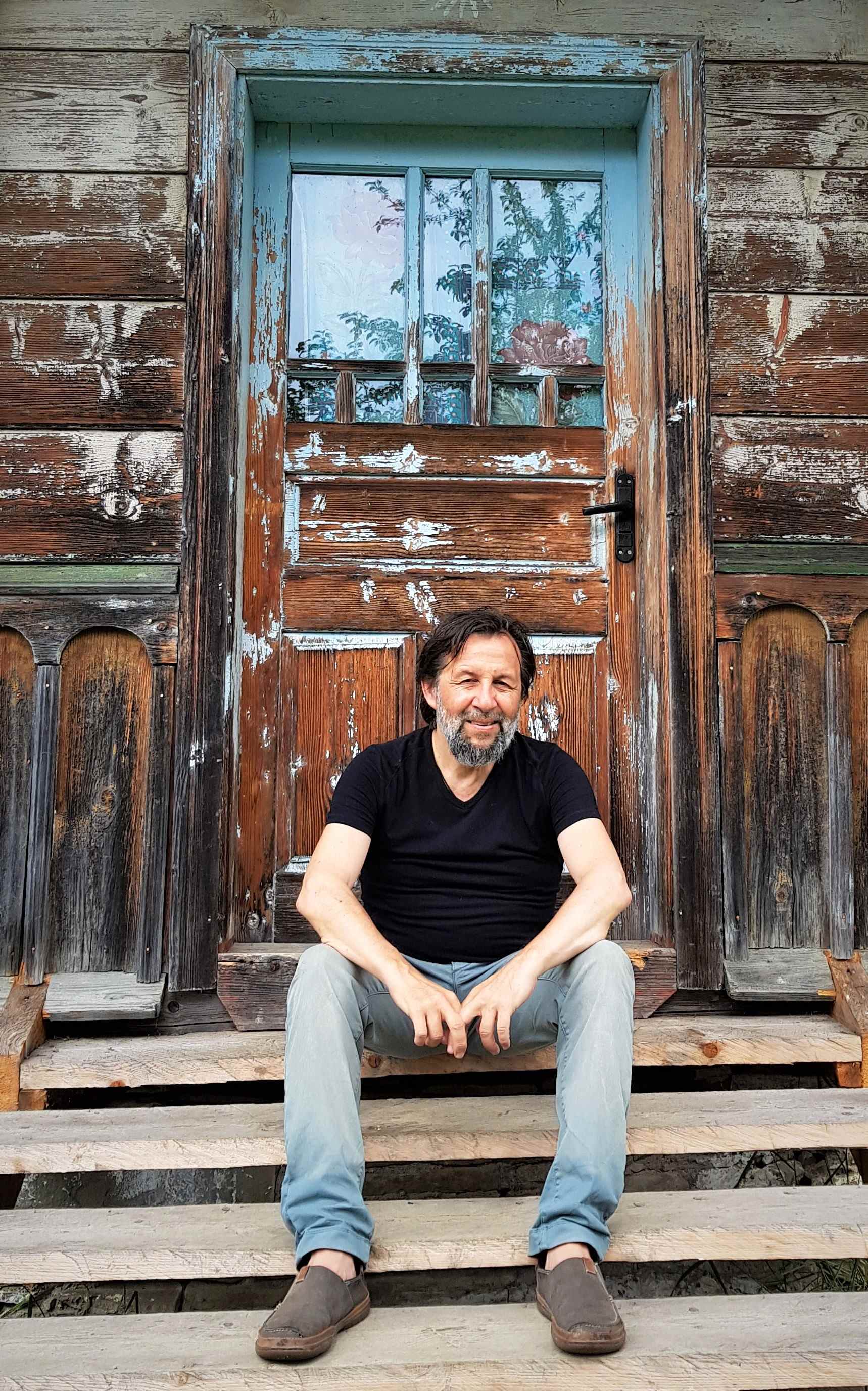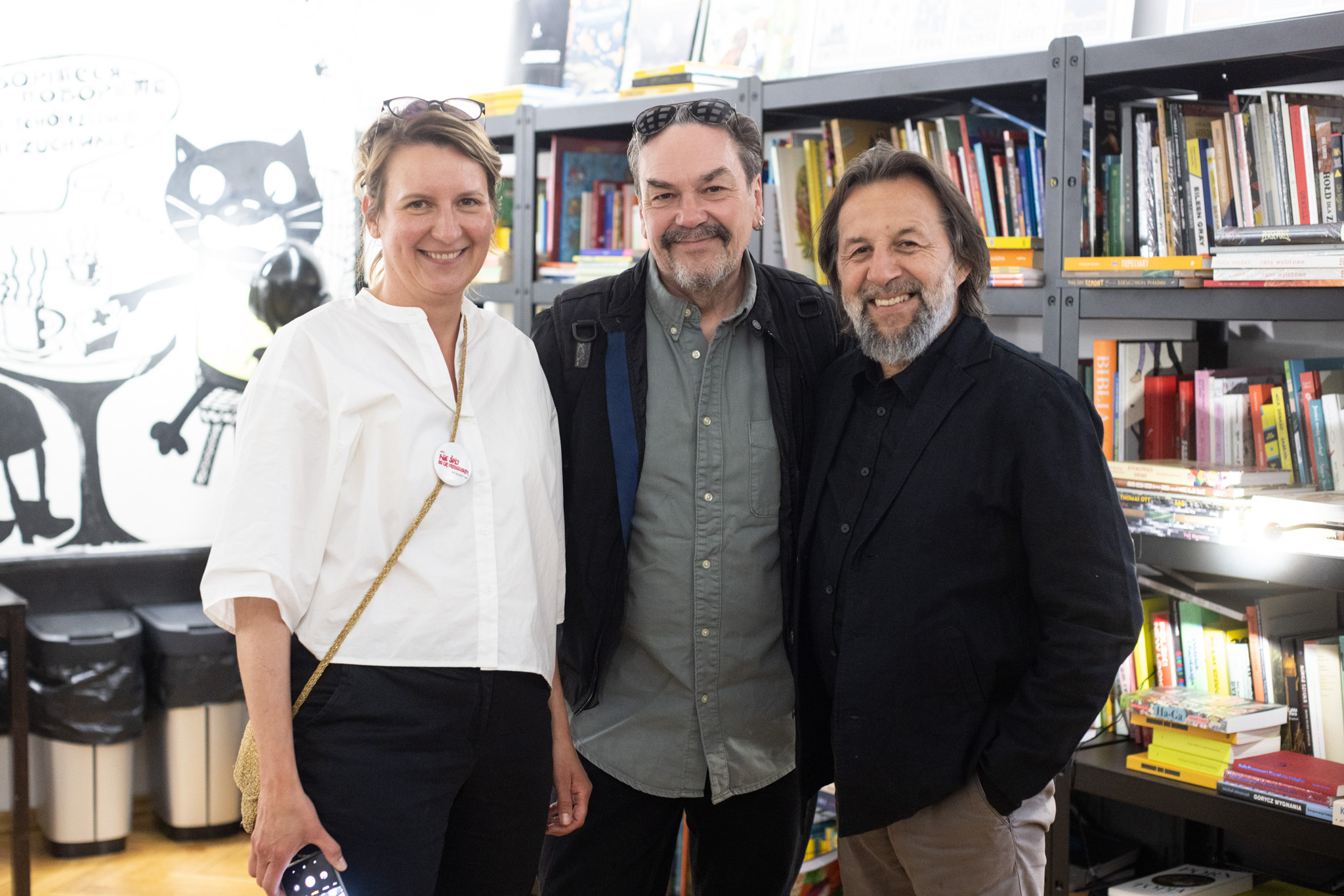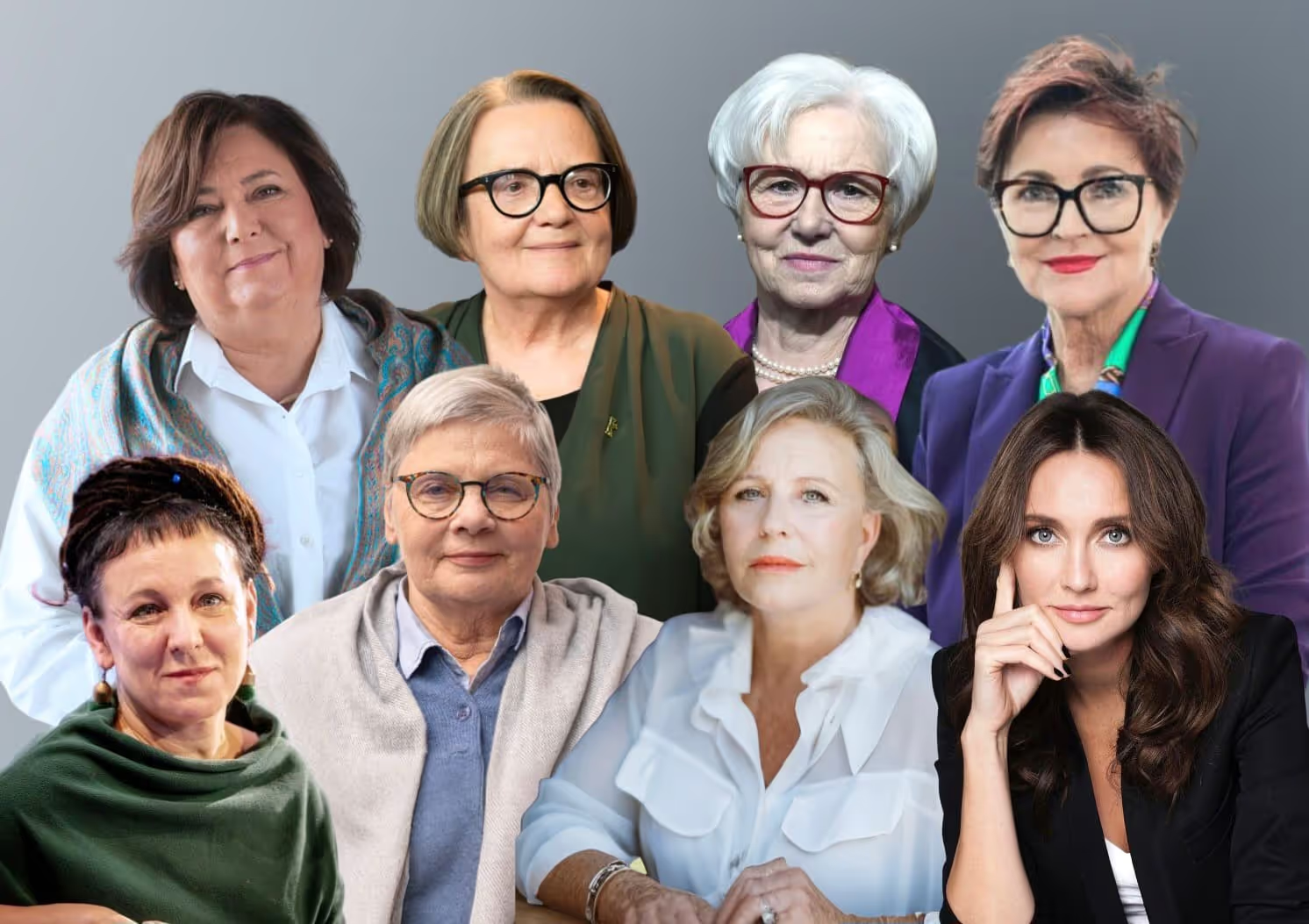Support Sestry
Even a small contribution to real journalism helps strengthen democracy. Join us, and together we will tell the world the inspiring stories of people fighting for freedom!
<frame>До війни Катерина Приймак працювала у центрі сучасного мистецтва. У 2014 році приєдналася до лав Добровольчого Українського Корпусу. 11 місяців працювала парамедикинею «Госпітальєрів» у складі евакуаційної бригади. У першу добу після повномасштабного вторгнення в 2022 році Катерина із посестрою розгорнули в Києві волонтерський штаб, що займався медикаментами, гуманітарною і мілітарною допомогою. Штаб був заснований рухом VETERANKA — це перша та єдина спільнота жінок України з військовим досвідом, створена ветеранками. Сьогодні рух налічує близько 2 тисяч ветеранок, військовослужбовиць і волонтерок з України.<frame>
«Завдяки нашій роботі жінки зараз обіймають бойові посади в армії»
— Аж до 2016 року жінки не могли обіймати бойові посади в українській армії. Такі були закони, — розповідає Катерина Приймак. — Тобто коли дівчата з добробатів (добровольчий батальйон, — Авт.), які вже командували підрозділами, почали переходити в 2015 році в ЗСУ, офіційно вони могли бути оформлені в штаті тільки як кухарки, банщиці…
Жінок брали, наприклад, швачками, а не штурмовичками. Операторками лазні, а не ротними артилерії. Ми стали просувати ініціативу змін до Верховної Ради. Ініціювали дослідження, щоб мати наочний приклад і доказ того, що це потрібно. Цим займалися жінки з Києво-Могилянської академії. Режисерки зняли фільм «Невидимий батальйон». Інші жінки підтримали фінансово. Таким спільним жіноцтвом ми досягли того, що спочатку Міноборони видало спеціальний указ щодо забезпечення жінкам і чоловікам рівних можливостей на військовій службі, а в 2018 було змінено закон.
Нам вдалося відкрити 63 бойові посади для жінок, які до цього були заборонені
Спочатку я брала участь у війні як військова, парамедикиня. Після 2014 — як ветеранка. Доєдналася до команди інших ветеранок. Ми заснували «Жіночий ветеранський рух».
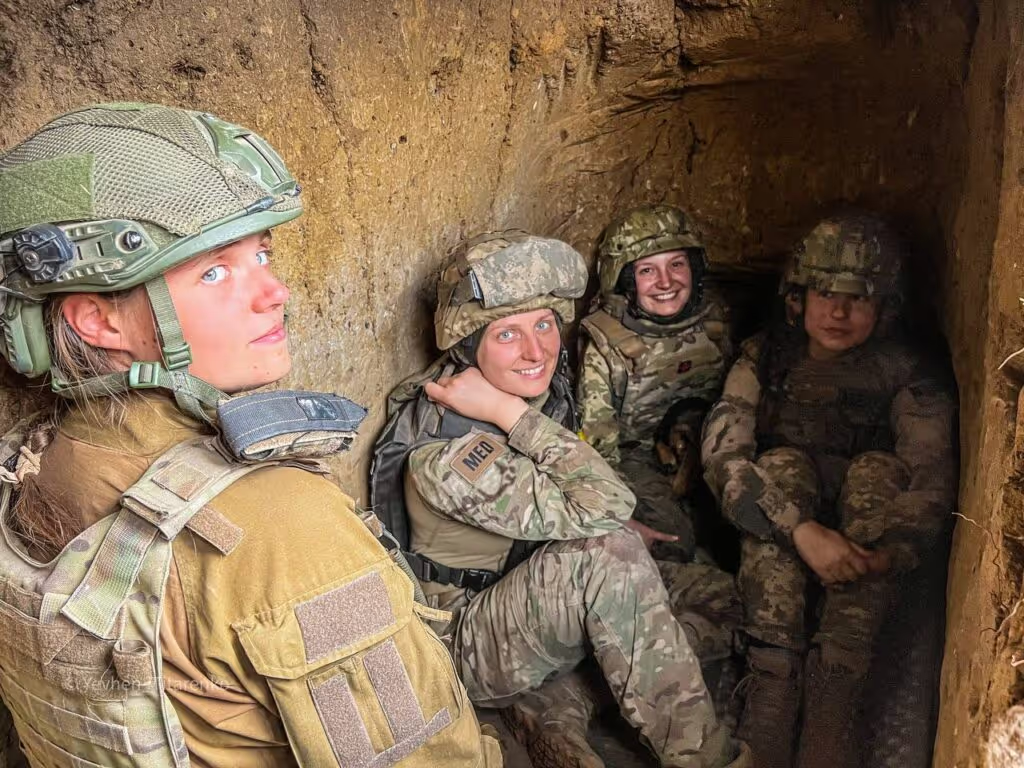
Захистити свій дім — природне бажання. Всі ми хочемо безпеки. І це усвідомлене рішення — піти захищати свій дім, доєднавшись до війська. Але дотепер жінки зустрічаються із засудженням цього. Чомусь досі у деяких людей не вкладається в голові, що жінка водночас може виконувати ролі матері й військової. Тоді як ми прагнемо забезпечити довгострокову безпеку насамперед своїм дітям. Воюємо, щоб не воювали вони.
Ще у 2015 році ми займалися адвокаційною кампанією «Невидимий батальйон», яка працювала проти заборони жінкам обіймати бойові позиції.
<frame>«Невидимий Батальйон» — це адвокаційний правозахисний громадський проєкт захисту українських військовослужбовиць, прав жінок в українському війську, а також реабілітації ветеранок російсько-української війни та боротьби із сексуальним насильством в українській армії. Проєкт заснований військовою Марією Берлінською.<frame>
Як виявилося, це був лише початок. Не розв’язання питання, а лише відкриття дверей. Багато чого вимагало налагодження. У військовій сфері в Україні все заточено під чоловіків і їхні потреби. Точніше, такий собі набір для середньостатистичного чоловіка.
Але ж і чоловіки мають різні потреби. Є чоловіки з інвалідністю, багатодітні, батьки-одинаки тощо. І у кожного свій пул бар'єрів на шляху до повноцінного життя після служби. Досвід показав, що немає виключно жіночих проблем. Є фундаментальні проблеми дотримання прав на повагу й гідність людини.
І у нас вже була команда, яка була готова глибше з цим працювати. Тим паче, що дедалі більше ветеранок почали повертатися з війни.
«У російській пресі наш рух називають «отряд карательниц»
— Які основні цілі й завдання жіночого ветеранського руху?
— Від початку і дотепер наша мета — дозволити жінкам максимально реалізовувати себе на службі і після неї. Наша організація — насамперед інструмент. Платформа, яка розповідає про класних жінок з їхніми класними ініціативами. Ком'юніті, де дівчата одна одну підтримують. Адвокаційна команда, яка піклується про права жінок із сектору безпеки і оборони. Наша організація заточена на те, щоб підвищити обороноздатність України загалом, щоб армія була професійною і щоб жінка могла себе в ній реалізувати.

— Завдяки вам було відкрито 63 нові бойові посади для жінок. А на які посади й досі не беруть жінок?
— Зараз для жінок немає закритих посад в армії. Але є певні обмеження. Наприклад, жінок не беруть на бойові посади в ГУР. А так не має бути.
Як ми знаємо, зараз в армії гостра нестача людей. Разом з тим жінка може прийти в ТЦК і отримати відмову або негідне ставлення. Людей, які хочуть потрапити в армію, треба розглядати не за статтю, а за рівнем підготовки та мотивацією.
Жінці, щоб отримати бойову посаду, треба докласти більше зусиль — це факт. І далі постійно доводити, що ти — не гірша. Виходить, що жінка в армії під постійним тиском і наглядом. Наче під лупою.
— Чи й досі у війську відчувається сексизм, на який скаржаться жінки від самого початку війни?
— Жінки на бойових посадах досі мають певні обмеження. Іноді це називають «турботою». Можливо, так і є. Але питання в тому, що для багатьох важлива свобода вибору, а не турбота. Через цю «турботу» дівчат, наприклад, не хочуть пускати працювати на новітньому озброєнні. А в 2015 була історія, коли всі учасники команди отримали нагороди, крім єдиної жінки, яка брала участь у тій самій операції.
Разом з тим за роки війни відбулись і серйозні зміни — у матеріальному забезпеченні, військовій формі. Питання не вирішуються у вакуумі. Питання про домагання — це зона юстиції. І стосується судової реформи загалом. Але навіть коли закон є, як добитися того, щоб він працював?
Дуже багато залежить від командира. У кращих командирів і показники, і моральний дух високі. А якщо людина дискримінує жінок, вона, найімовірніше, дискримінує всіх. Ставлення до гендерної рівності — маркер того, якою є людина по відношенню до світу взагалі.
— До речі, про нагороди. Одна з героїнь, з якою я розмовляла, бойова медикиня, розповіла, що на її думку, її нагородили лише тому, що вона дівчина. Вона вважає, що нічого особливого не зробила.
— Таке теж буває. Показова гендерна рівність. Але показуха не розв’язує дійсно важливих питань. Наприклад, в армії досі жінки не захищен від домагань. Ця проблема дуже актуальна.
— Ви представляли українських ветеранок у штаб-квартирі ООН. Як міжнародна спільнота реагує на історії українських військових і жінок-ветеранок?
— Так, ми були в штаб-квартирі вже 4 чи 5 разів. Це вже щорічні поїздки. Звучить це, звісно, гарно. А насправді не є чимось надзвичайним і ефективним. Звісно, українським ветеранкам важливо бути представленими всюди, і у штаб-квартирі ООН теж. Важливо бути видимими. Хоча це носить, скоріше, символічний характер.
Міжнародна спільнота цікавиться українськими жінками-ветеранками. Ставиться до них з повагою. Люди плачуть, коли чують їхні історії. Завдяки історіям, які жінки-ветеранки розповідають у світі, обличчя української армії стає більш людяним. А от в російській пресі наш рух VETERANKA називають «отрядом карательниц».
— Як і завдяки чому вдається змінювати ставлення до жінок у війську? Яка робота зараз ведеться?
— Ставлення до жінок у війську вдається змінювати насамперед завдяки роботі самих жінок у війську. Вони розповідають побратимам, як склалася їхня доля, про свою мотивацію, бар'єри. Це працює. Поступово жінок в армії стає більше, вони дедалі частіше обіймають високі посади у командуванні. Тож можна вивести таку формулу: що більше жінок в армії — то більше прав у цих жінок.
Звісно, ззовні ми теж тиснемо, підтримуємо наших посестер, допомагаємо тим, хто у війську, хто звільнився з армії.

«У нашу форму одягнені захисниці «Азову», «Хартії», «Госпітальєрів»
— Одна з важливих гілок вашої діяльності — пошиття військової форми для жінок. Розкажіть, коли і як ви зрушили з місця цю гору.
— У перші дні повномасштабного вторгнення наречений моєї посестри Куби (Юлії Сідорової, бойової медикині з 2014 року. — Авт.) віддав нам свій «Хамер», старий офіс і 25 тисяч євро. Завдяки цьому ми відкрили волонтерський хаб, який пізніше став фондом. І стали займатися забезпеченням захисниць та їхніх підрозділів, адже тоді потреба у матеріальній допомозі жінкам-військовим на фронті та під час реабілітації була гострою.
Куба ще до повномасштабного вторгнення створювала і шила дизайнерські речі, тож мала деяке обладнання, яке ми стали використовувати. До нас почали звертатися дівчата з проблемою — їм на службі видають чоловічу форму, яка їм геть не підходить. Щоб допомогти, Ганна Суворкіна, — конструкторка одягу, яка колись працювала у дизайнера Івана Фролова, — спеціально розробила форму для жінок, і ми стали шити її.
Мені надали грант на мільйон гривень у Українського ветеранського фонду на розвиток швейного цеху. Ми купили ще обладнання. Так у нас з'явився соціальний бізнес із пошиття жіночої форми — торговельна марка by.VTRNK об'єднала дизайнерів і тих, хто до цього ніколи не шив. Ми шиємо також маскувальні халати, бушлати, бахіли для артилеристів, чохли на стінгери й саперні лопатки, чохли на дрони.
Але найбільша наша гордість, звісно, жіноча військова форма на всі сезони — літня, демісезонна й зимова, яка розрахована на температуру до -20 градусів мороза
Ми адвокатували, щоб був прийнятий жіночий стандарт форми. Літній костюм вже погодили, а зимовий, на жаль, ще ні. Чому? Не маю відповіді на це питання. Такі речі далеко не всі вважають пріоритетними чи важливими.
Зараз наш цех живе на самозабезпеченні, виконує різні замовлення. Наприклад, шиє мерч, який ми продаємо на благодійність. Відшиваємо час від часу мікрозамволення на жіночу форму — 15 благодійних форм, наприклад. Ми не продаємо форму військовим. Шиємо, в основному, за донати.
— Скільки коштує пошити одну форму?
— Що більша кількість, то менша ціна. Орієнтовно зимова форма коштує 8 тисяч гривень. Ми пошили кілька тисяч форм за рік. У нашу форму одягнені захисниці «Азову», «Хартії», «Госпітальєрів».

— Які основні проблеми виникали/виникають у жінок, які носять чоловічу форму?
— Жінкам чоловічий варіант штанів давить на кістки тазу, тому що жіночий має глибшу посадку, і пояс від штанів у жінок має бути вище. Також суттєва різниця в колінах. У тому місці, де чоловічі штани мають коліна, у жінок колін немає. А коліна — це таке місце, яке потребує обовʼязкового додаткового захисту. Якщо налокітники носять далеко не всі, то коліна — кожна і кожен військові.
Ну і вторинно — розмір. Звісно, чоловіки також можуть отримати не свій розмір, але вони можуть підшити одяг. А жінки з цими проблемами стикаються частіше, бо обхвати грудей і стегон у жінок і чоловіків різняться по розмірах. Якщо худий чоловік, в нього малий і верх, і низ, а якщо жінка, то є варіант, що верх і низ будуть різних розмірів. А в комплекті видають один.
— Що важливо враховувати при пошитті жіночої форми?
— Потрібно передбачати можливість розпаровки комплектів на верх і низ. Відрізняються лекала. Окрім поясу і колін, ширина рукава інакша, існує виточка для грудей. Чимало нюансів.
— Чи є у вашій формі елементи, які підкреслюють жіночність, але залишають її функціональною?
— Підкреслювати жіночність — це точно не має бути мірилом для військової форми, вона має забезпечувати функціонал
— Як тестуєте форму?
— Дівчата з організації отримували тестові зразки, давали відгуки, і ми вносили зміни відповідно до їхніх порад. Ми і зараз, якщо отримаємо якийсь слушний коментар, готові апгрейдити нашу форму.
Але оскільки форма — це не бізнес, а утримувати цех треба, він пішов у своє плавання як соціальне підприємництво. Зараз ми вже відшиваємо й інші зразки одягу, не тільки форму. Будемо пробувати виходити на marketplace, збільшувати свій соціальний внесок, розширятися та створювати нові робочі місця для ветеранів і ветеранок.
У нас вже були програми з навчання шиттю. Цікавилися цим і чоловіки. Ця сфера зараз має велику потребу в кадрах.
Якщо наша форма буде продаватися в мілітарних магазинах, або навіть йти на експорт, ми зможемо бути ще кориснішими. В Україні, на жаль, немає хорошої тканини для форми, немає технологій для її створення. Рости ще й рости нам у цьому.

Взагалі, намагаємось закривати чимало інших важливих потреб. Зараз першочергово займаємося бойовою допомогою.
От наша Андріана зламала собі хребта (Андріана Сусак-Арехта, військова, учасниця російсько-української війни з 2014 року, лідерка Жіночого ветеранського руху, — Авт.). Якби вона була у броньованій автівці, так би не сталося. Тож збираємо гроші на броньовану машину.
За 3 роки повномасштабного вторгнення наша організація закрила понад сім тисяч індивідуальних та колективних заявок від захисниць та їхніх підрозділів рівня бригади і вище, а це відправили понад сотню автівок, близько двох тисяч безпілотників, засоби медицини й обігріву, амуніцію — загалом на 111 мільйонів гривень. Також ми організували понад 30 виїздів у зону бойових дій і понад 20 гуманітарних місій на Херсонщину, в Бучу та інші деокуповані території. Іншими словами, балансуємо між важливим і дуже важливим.
Фотографії: архів VETERANKA

A journalist, writer, videographer, content creator and podcast author. She has participated in social projects aimed at raising awareness about domestic violence. She has led her own social initiatives, ranging from entertainment projects to a documentary film about an inclusive theatre, which she independently authored and edited. At «Hromadske Radio», she created podcasts, photo reports and video stories. Since the full-scale invasion of Ukraine, she has begun collaborating with international publications, attending conferences and meetings across Europe to share insights about the war in Ukraine and journalism during these challenging times.


